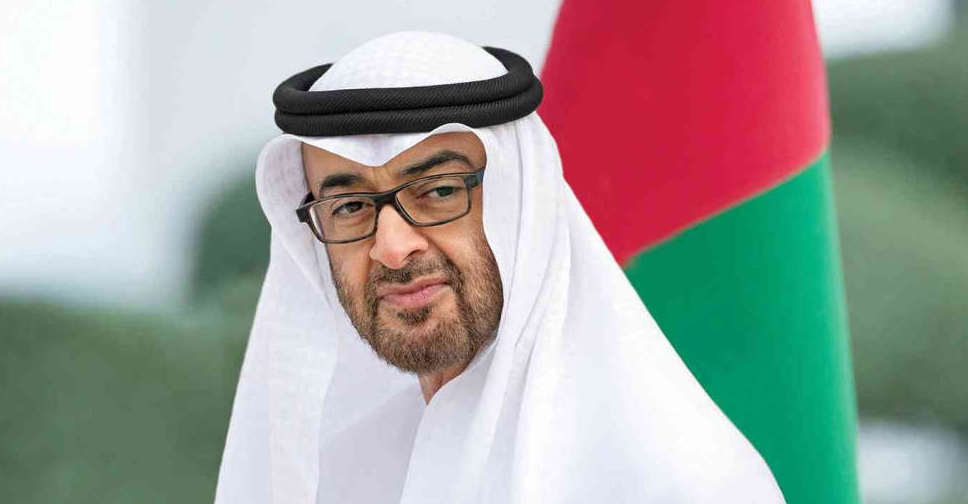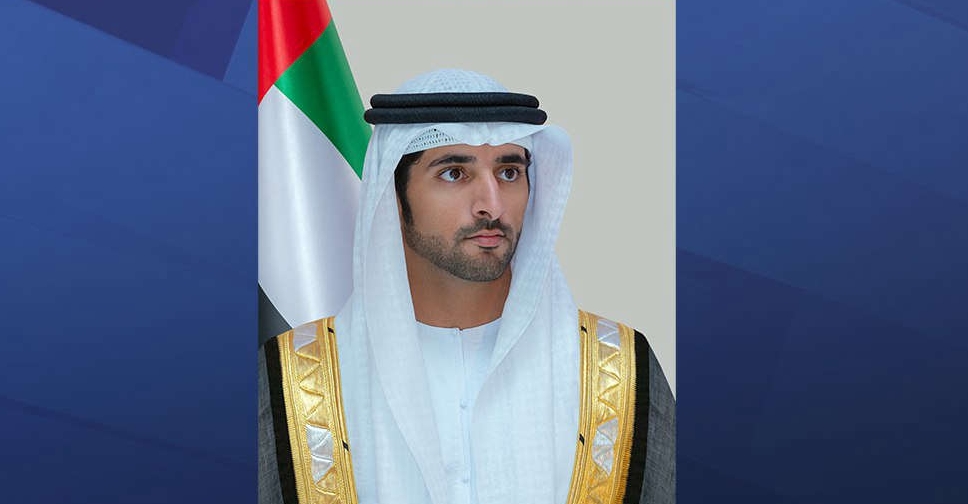
His Highness Sheikh Mohamed bin Zayed Al Nahyan, Crown Prince of Abu Dhabi and Deputy Supreme Commander of the UAE Armed Forces, has given a grant to the Harvard Stem Cell Institute to advance research into Type 1 diabetes.
The grant offered to the Institute's Douglas Melton Laboratory will help fund research focusing on accelerating gene editing approaches for pancreatic beta cell replacement therapy.
The initiative is part of Sheikh Mohamed's global health initiative "Reaching the Last Mile," which works to eradicate diseases and supports the development of innovative research and technology.
The latest collaboration will also provide an opening to two Emirati research fellows to join the Douglas Melton Lab, with the opportunity to take part in research and work to develop a breakthrough cure for diabetes.
"The promising results we’ve seen with stem cell-derived islet cells could deliver a life-changing therapy for people who suffer from the relentless life-long burden of type 1 diabetes," said Dr. Douglas Melton, who is the Xander University Professor of Stem Cell and Regenerative Biology at Harvard University and the Co-Director of the Harvard Stem Cell Institute.
Dr. Fatima Al Kaabi, Executive Director of the Abu Dhabi Bone Marrow Transplant programme at the Abu Dhabi Stem Cell Centre, stated, "The opportunity for two Emiratis to join the Melton Lab as research fellows will be a cultural and academic enrichment to all those involved. For the selected individuals to not only partake in this research, but also learn from the Lab and be under the sponsorship of a principal investigator will be an invaluable experience."
According to the World Health Organisation (WHO), about 422 million people worldwide have diabetes, and 1.6 million deaths are directly attributed to diabetes each year.
The number of cases and the prevalence of diabetes have been steadily increasing over the past few decades.
Type 1 diabetes is caused by the absence of insulin-producing beta cells, which are destroyed by the immune system through mechanisms that are still not known.
While patients can manage diabetes, there is currently no cure.
The first milestone project to be funded under the commitment of Sheikh Mohamed will be making beta cells that evade immune elimination.
Further milestones include identifying the immune cells responsible for rejecting transplanted stem cell (SC)-derived beta cells, which will allow the ability to pinpoint the immune cells that start and continue the immune attack and devise ways to eliminate them, and finally, modelling SC-islets for human transplantation.
This ambitious programme will allow SC-islets to survive and function for years following transplantation into diabetics, effectively curing them of the disease.




 UAE condemns Israeli settlers' call to bomb Al-Aqsa Mosque
UAE condemns Israeli settlers' call to bomb Al-Aqsa Mosque
 Dubai bank apologises to customers over transaction alerts sent in 'error'
Dubai bank apologises to customers over transaction alerts sent in 'error'
 First flight from Syria lands in Dubai marking resumption of service
First flight from Syria lands in Dubai marking resumption of service
 AI will be foundation of Dubai's future, says H.H. Sheikh Hamdan
AI will be foundation of Dubai's future, says H.H. Sheikh Hamdan
